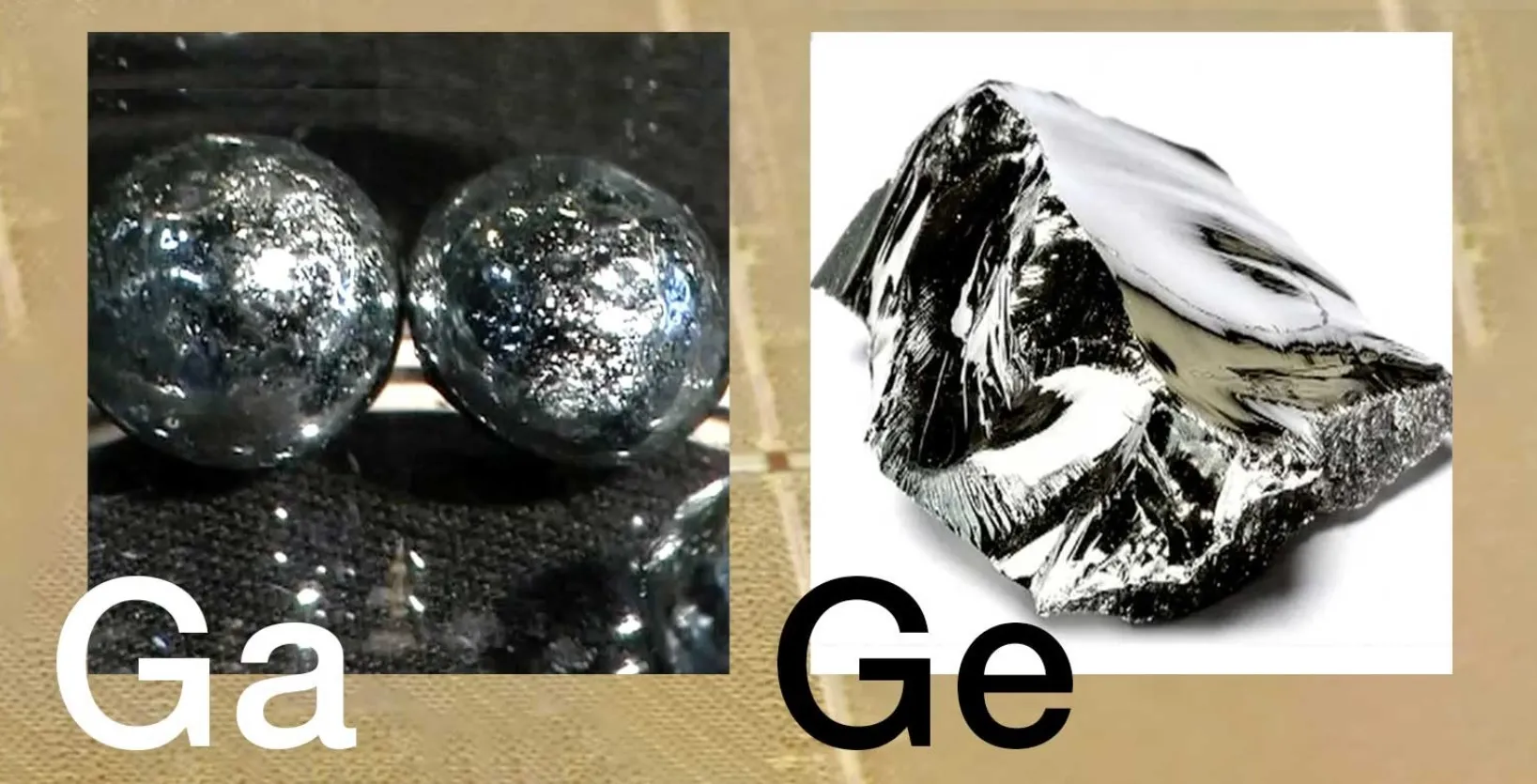- China imposes new restrictions on the export of germanium and gallium, essential for the manufacture of chips and technological components.
- Possible retaliation against the US, this geopolitical move could create uncertainty in global supplies and increase gallium prices.
- Strategies to consider: investment in local production, search for alternative sources and recycling to reduce dependence on China.
The world of technology is facing a major challenge with China’s recent restrictions on the export of germanium and gallium, essential elements in the manufacture of chips and other technological components.
These measures could have notable consequences on the global electronics industry, especially for Western countries and Japan, which are highly dependent on these resources.
Consequences in the chip and technology industry
Controlling more than 90% of global gallium production and 60% of germanium production, China has been a major supplier of these essential metals for decades. However, with the new export restrictions, concerns have been raised about the stability of global supplies. This is because China has based its dominance on the ability to refine these materials at low cost, which has made it possible to offer competitive prices in the international market.
The announcement of these restrictions, which is seen as a possible retaliation against the United States for tightening its restrictions on the export of artificial intelligence chips, has led to a significant increase in the price of gallium in the US and European markets.
This uncertainty could affect the production of essential technological components, such as LEDs, radio frequency amplifiers and other devices that use gallium nitride and gallium arsenide.
Impact in Japan
Japan, one of the main consumers of gallium, could be one of the countries most affected by this new export policy. According to statistics from the Japan Organization for Metals and Energy Security, the country imports 60% of its gallium supply, of which 70% comes from China.
Japanese companies that make composite components and technology products are closely monitoring the situation. Although some of them claim to have enough supply to avoid problems in the short term, this dependency could create insecurity in the future.
Strategies to mitigate long-term effects

Given the uncertainty in the supply of germanium and gallium from China, Western countries, international corporations and Japan could consider various strategies to reduce their dependence on these resources.
One possible option is to reinforce investment in the local production of these materials or to seek alternative sources of supply.
In addition, the recovery of materials from e-waste could be a sustainable solution to reduce dependence on resources from China. These countries could focus on advanced recycling and recovery techniques to take advantage of existing materials and reduce pressure on global supply.

